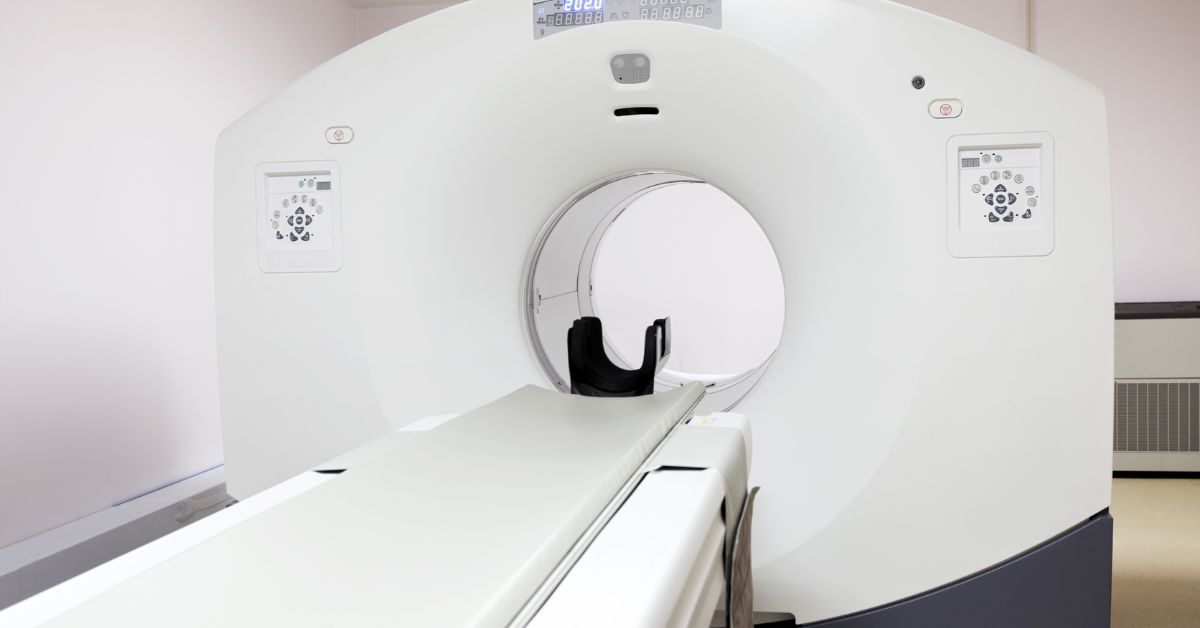When it comes to early and accurate disease detection, a PET CT scan stands out as one powerful diagnostic tool available in modern medicine. Whether you are monitoring cancer, investigating unexplained symptoms, or planning for surgery, this advanced imaging technique can provide detailed information that standard scans may not reveal.
In this article, we explore what a PET CT scan is, what to expect during the procedure, when you might need one, and why it can be wise to seek a second opinion.
Back To Main Channel: PET/CT Scan
What Is a PET CT Scan?
A PET CT scan combines two imaging technologies—Positron Emission Tomography (PET) and Computed Tomography (CT)—into one. The PET scan detects abnormal metabolic activity using a small amount of radioactive tracer, while the CT scan provides detailed anatomical images of the body.
Together, these images allow doctors to pinpoint the exact location of abnormalities, assess how well organs and tissues are working, and detect disease at an early stage.
Why Do Doctors Recommend PET CT Scans?
Doctors may recommend it for several reasons, including:
- Cancer detection and monitoring: It helps identify tumours, determine the stage of cancer, and monitor response to treatment.
- Investigating unexplained symptoms: If standard imaging tests do not provide clear answers, a this type of scan can offer further insight.
- Assessing heart and brain function: It can evaluate areas of reduced blood flow in the heart or changes in brain activity related to disorders such as dementia or epilepsy.
What To Expect During the Scan
The procedure is generally safe and painless. Here is what typically happens:
- Preparation: You may be asked to fast for several hours before the scan. A radioactive tracer will be injected into your bloodstream.
- Waiting time: You will wait for about 30 to 60 minutes to allow the tracer to travel through your body.
- Scan procedure: You will lie on a table that moves through a doughnut-shaped scanner. The scan takes around 30 minutes to an hour.
- After the scan: You can usually return to normal activities immediately, but you may be advised to drink plenty of fluids to help flush the tracer out of your body.
Are PET CT Scans Safe?
Yes, PET CT scans are generally considered safe. The amount of radiation exposure is low and usually does not pose a significant risk. However, it is important to inform your doctor if you are pregnant, breastfeeding, or have any allergies.
The Importance of a Second Opinion
In complex medical cases—especially those involving cancer or chronic illnesses—getting a second opinion can be extremely valuable. A second opinion may:
- Confirm the initial diagnosis.
- Offer alternative treatment options.
- Recommend a more appropriate imaging test.
- Provide peace of mind and help you make informed decisions.
The results can sometimes be difficult to interpret, so consulting another experienced doctor or specialist can ensure you are receiving the most accurate diagnosis and suitable care plan.
Costs in Singapore
The cost in Singapore varies depending on the facility and whether it is for cancer staging or another medical purpose. On average, the price ranges from S$2,000 to S$9,000.
Some health insurance plans or Medisave schemes may cover part of the cost, especially if it is deemed medically necessary.
Contact Us To Schedule A PET/CT Scan in Singapore or Malaysia
If you are looking for a trusted healthcare provider that offers reliable medical imaging services in Singapore, contact us for an introduction.
We can help connect you to reputable clinics or hospitals that suit your needs.
Useful Links
- Have Questions? Find us on WhatsApp (wa.me/6590991662)
- Get a PET / CT Imaging Scan
- Schedule an MRI Scan
- Explore comprehensive health screening packages from our partners
Related Articles
Back To Main Channel: PET/CT Scan
Disclaimer: 365Asia aims to provide accurate and up-to-date information, our contents do not constitute medical or any professional advice. If medical advice is required, please consult a licensed healthcare professional. Patient stories are for general reading. They are based on third-party information and have not been independently verified.




